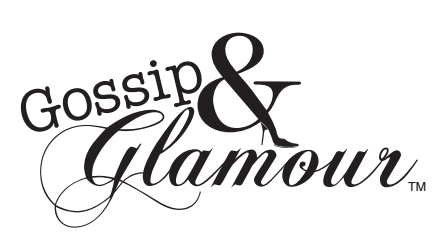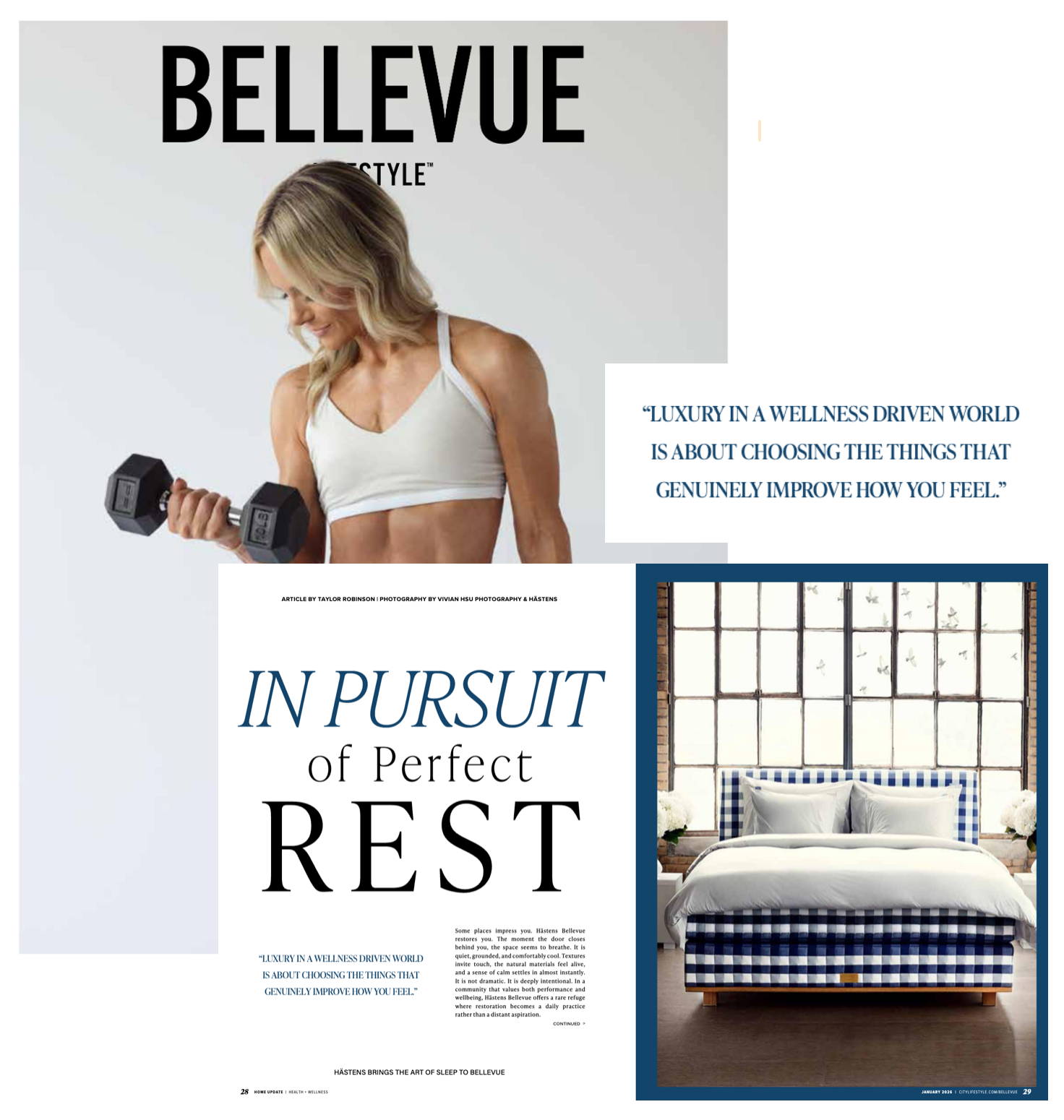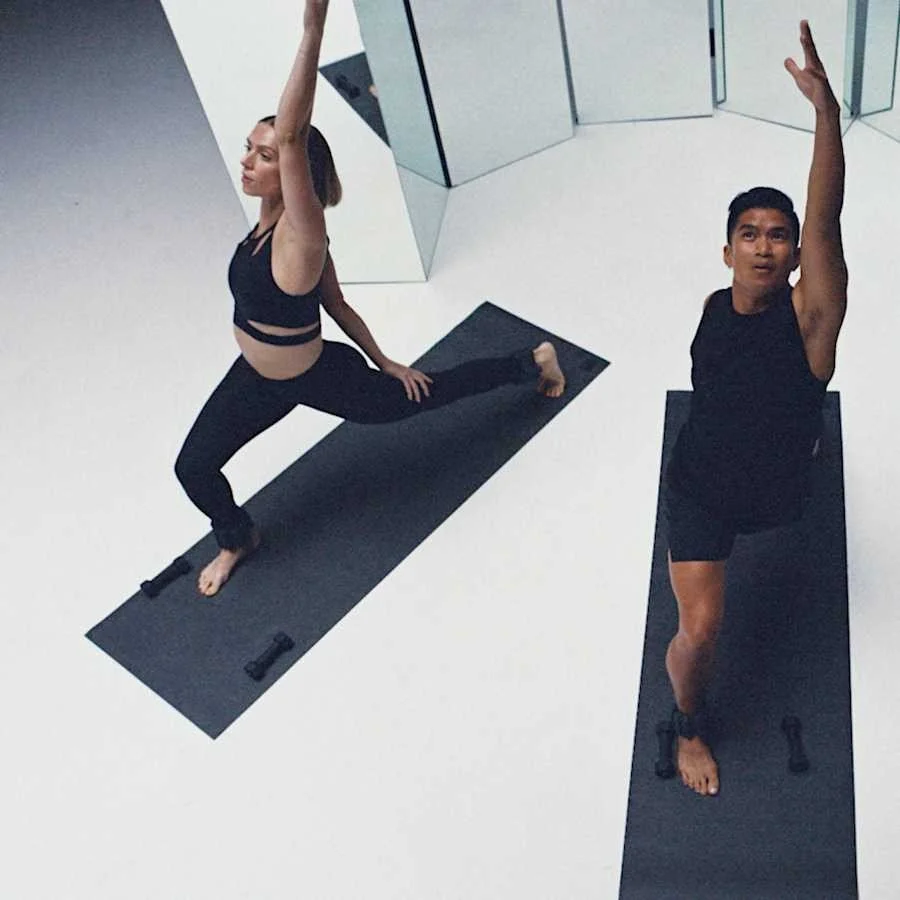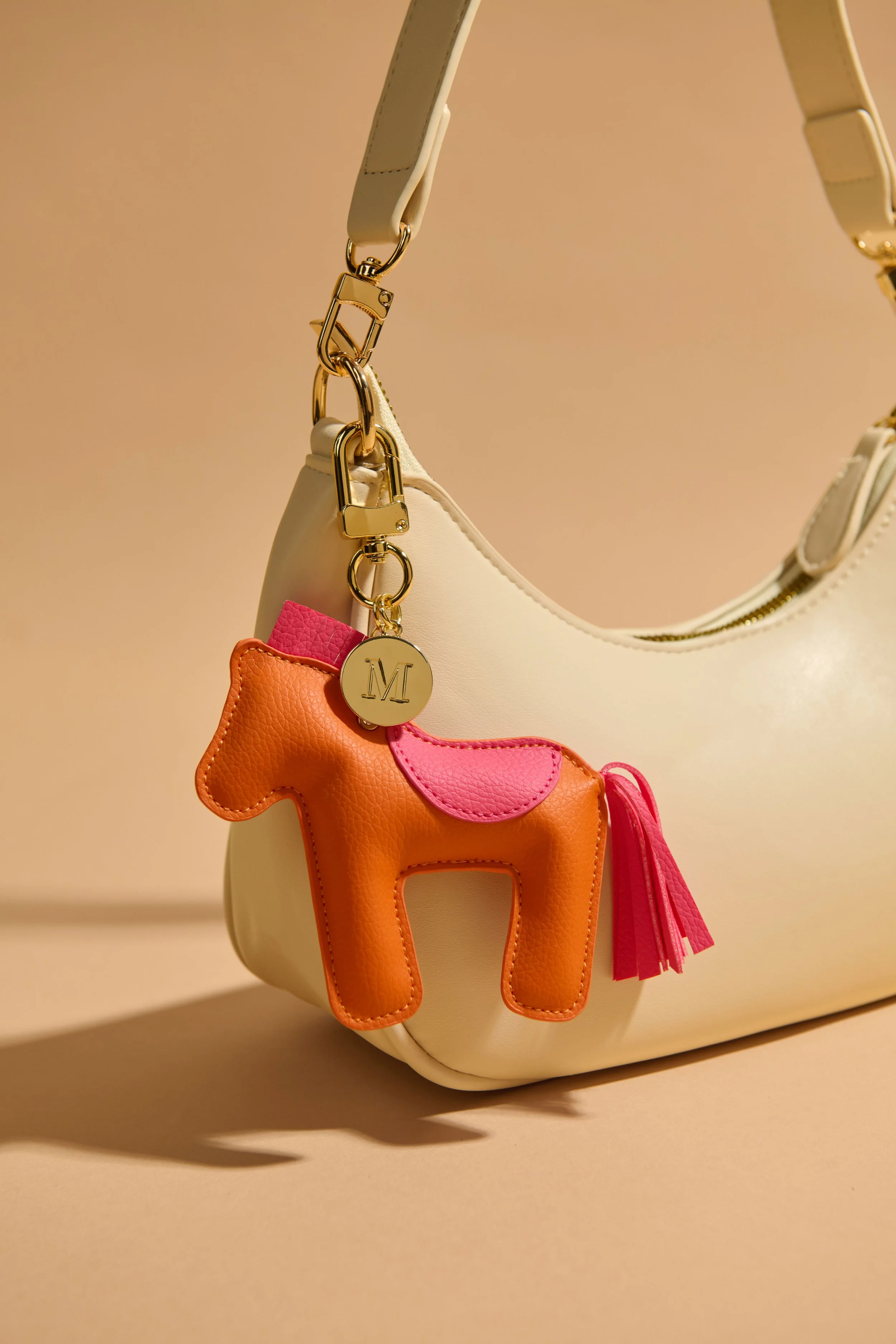Seattle Summer Retail Report 2020
Seattle has now been dealing with the effects of COVID-19 for over five months, and in many ways, the city will never be the same. Fashion retail has fundamentally changed and businesses are still struggling with slow sales due to economic instability, an overstock of merchandise from spring, on-going shopping restrictions, and supply chain challenges. We’ve also seen a variety of national retailers including J. Crew and Neiman Marcus file for bankruptcy as a result of the pandemic.
But it’s not all bad news when we look at the COVID-19 impact on the fashion industry, some retailers were poised for an abrupt shift to e-commerce and had already invested time into building their presence on social media. That step would prove to be critical for brands who would later have to rely solely on their digital platforms in order to keep in touch with customers. In some cases, store closures during lockdowns helped companies realize that having a physical store isn’t always necessary, especially if customers don’t have access to visit it. Other retailers explored curbside pickup for the first time and realized that while shopping online is inevitably the future of fashion, having access to product when you want it, is equally important to consumers.
Today, we’ll explore some of the changes we’ve seen around town when it comes to fashion and look ahead at the possibilities for fall.
Store Closures
Need Supply, the parent company of Seattle boutique Totokaelo announced that the business would be closing as a result of COVID. No formal press release was issued, but the closure was confirmed by legal counsel for the company and widely reported by the media.
Peridot boutique on Queen Anne closed at the end of June. The storefront had been a staple on Queen Anne since 2004. "We have loved being part of the Queen Anne community for all these years. It is with a heavy heart that we announce our closure. We are a small business and the prolonged shutdown has had significant impacts on us. Due to personal reasons and the escalating costs of running a brick-and-mortar store in Seattle, we have made the difficult decision to close," said owner Lindsey Snider.
Kick It Boutique in Ballard closed at the end of June and shifted its focus to e-commerce.
Moorea Seal closed her namesake boutique on First Avenue at the end of July. After the initial store closure earlier this spring due to the coronavirus lockdown in Seattle, she also decided to pause online sales in order to properly assess the situation. Ultimately, Moorea made the heartbreaking decision to move on and close permanently.
Mercer closed its store at University Village at the end of July citing slow sales during the spring season and the on-going uncertainty of COVID-19. Owner Karen Bonomo founded Mercer back in 2003 and operated several locations before consolidating to the Seattle U Village boutique.
Nordstrom announced in May that it would be permanently closing 16 of its full-line department stores and all three Jeffrey boutiques. View the full list of store closures here.
Universal Standard quietly closed its Seattle showroom and laid off all local employees in March. The new showroom had been open for less than a year and also featured space for community events.
Neiman Marcus has confirmed that it will close its Bellevue store located at The Shops at The Bravern as part of its recent bankruptcy filing. The store is currently open only for curbside pickup and by appointment.
Frye has announced that it will close all of its stores and focus on digital. This will include closing its store at Seattle’s University Village.
Baby & Co. has announced that its Seattle storefront will close at the end of September. Read the full story here.
MOMO will be closing its storefront in the International District at the end of September.
H. Bailey Curated Resale will be closing its storefront in Seattle as a result of COVID on September 26 and moving entirely online.
Seattle jewelry brand Fresh Tangerine has closed its stores in Seattle and will move its operations online.
KAVU has closed its location in Downtown Seattle but will continue to operate its Ballard location.
Swan Dive Vintage has moved out of its physical space in Pioneer Square and will focus on e-commerce.
Furloughs/Layoffs
In March, GeekWire reported that Seattle clothing rental company Armoire changed the roles of 23 employees, cut some positions, and moved others to “stand by”. It also used Washington State’s SharedWork Program to retain some employees at reduced hours. CEO Ambika Singh also reduced her salary to $1 and encouraged the leadership team to take voluntary pay cuts in order to keep the business afloat. UPDATE 9/3 - The company has closed its two retail locations in Seattle and will focus entirely on e-commerce.
Nordstrom began to furlough employees in April as a result of COVID and by June the company announced that it would cut nearly 6,000 jobs while also working to consolidate teams from Nordstrom and Nordstrom Rack. "We're realigning and reducing our workforce to support our market strategy, including in our corporate support teams," a Nordstrom spokesperson said in a statement to Business Insider on July 1.
Eddie Bauer put employees at their HQ on furlough starting in March and lasting in some cases through July. Most of those employees returned to work but the final number of layoffs is not known.
Seattle retailer REI is also making changes. In an email sent to staff members in July, CEO Eric Artz confirmed plans to lay off 400 retail employees as a result of COVID-19. The store cuts were on top of 300 layoffs made back in April at REI’s headquarters. They have also announced that instead of moving into a new corporate campus in Bellevue, they are in talks with “multiple interested parties” to sell it.
Store Openings + Retail News
Jenni Kayne is now open at University Village. The store opening was originally planned for earlier this spring but was postponed due to COVID.
GeekWire reported in May that online retailer Zulily saw revenue fall by 20% in Q1 citing decreased profit margins and increased fulfillment cost as a result of COVID-19.
Zumiez is adjusting to the impacts of the pandemic and put out an earnings report for Q1 in early June that also outlined an on-going COVID-19 response. Click here to view.
Amazon reported Q2 results and highlighted its commitment to safety, noting that it spent more than $4 billion in the second quarter on incremental COVID-19 related initiatives to help keep employees safe.
Many Seattle designers, brands, and retailers began making face masks in response to the pandemic earlier this spring including The Oula Company, Feral, Prairie Underground, Stonecrow Designs, Gustavo Apiti, Luly Yang Couture, Morning Siren, The Foundry, Zumiez, and more. View our recap here.
Likelihood was one of many retailers around town that was looted and damaged during the July protests. Here was their response to the matter on Instagram.
Pacific Place is now open after nearly two years of renovations. The Seattle Times reports that the mall currently has only 16 tenants, and of those, only 12 are open.
Fashion start-up FashWire recently closed another round of funding on July 1st. Learn more.
We are now at the height of the traditional “back-to-school” shopping season, which is second only to holiday when it comes to revenue for most retailers. Children in Seattle Public Schools will begin the school year on September 2 with remote learning as is the case in many parts of the country, which means that retailers are likely to experience soft sales or erratic buying patterns on apparel as parents identify needs and buy as they go, rather than doing a larger bulk purchase at the start of the school year.
Last but not least, we have also seen a long-overdue focus on Black-owned fashion brands in Seattle. Over the past few months, we have been working to conduct outreach to local retailers about the 15% Pledge, asking them to dedicate at least 15% of their shelf-space to Black-owned brands. We hope that these conversations are a catalyst for change and we are committed to helping retailers find like-minded brands that are a good fit for their merchandise mix. We are currently working on a recap that highlights our outreach to local retailers and their response to the 15% pledge. We hope to publish this information over the next few weeks.
Shop Local
Independent retailers in Seattle need your support now more than ever. Whether you have $20 or $200 to spend, every dollar counts. Please shop local and help businesses in our community thrive.
Do you have Seattle retail news to share with us? Send it over to Sydney@Gossip-Glamour.com and we’ll highlight it in our next recap.
Photo credit: Vivian Hsu Photography






